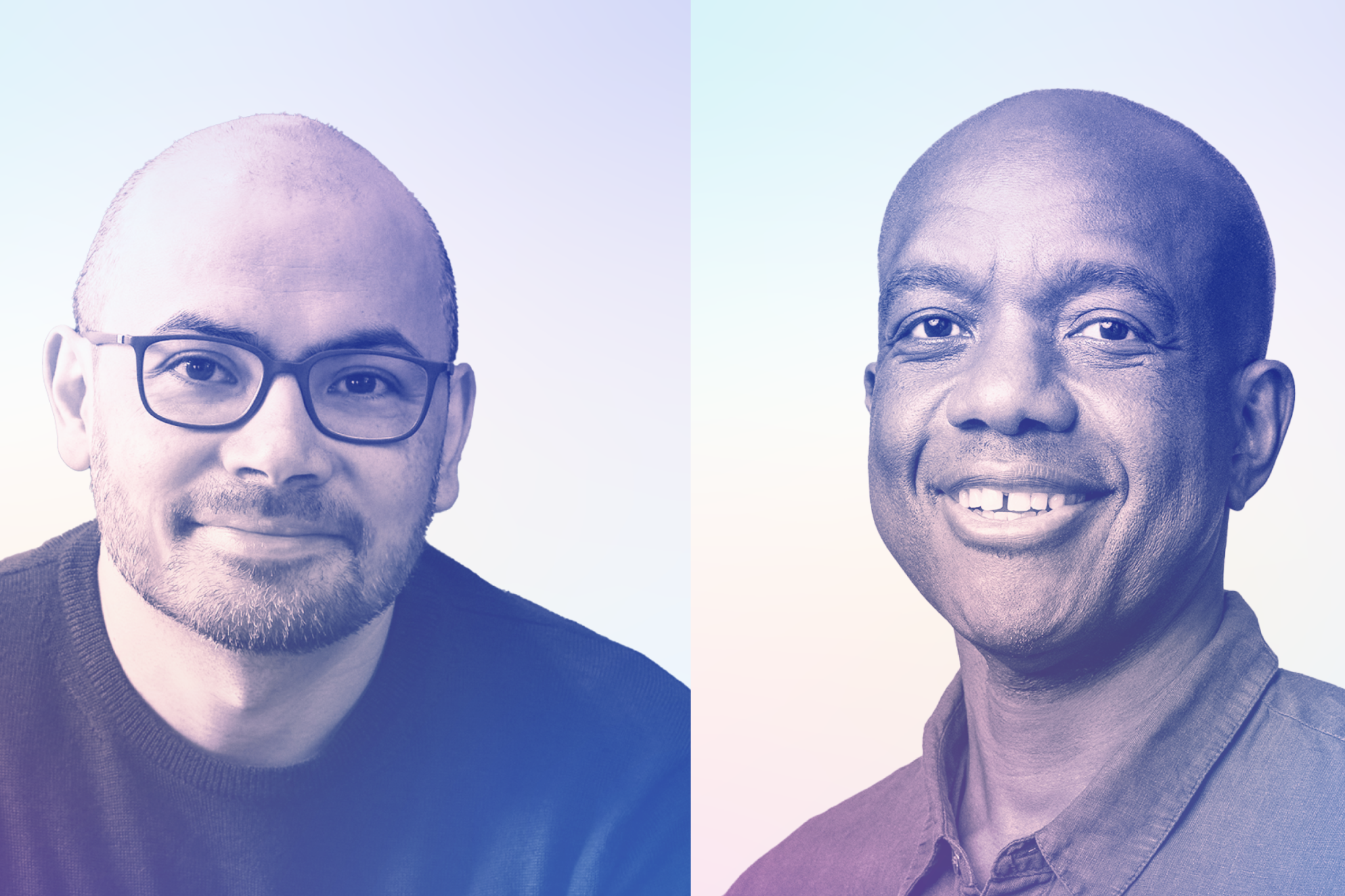Demis Hassabis-James Manyika: AI will help us understand the very fabric of reality
If you want to understand the universe, you can start by reading the greats: Feynman, Weinberg, Curie, Hofstadter, Kant, Spinoza, Turing, and all the brilliant scientists and philosophers who advanced the frontiers of human knowledge and on whose shoulders modern civilization stands.
But in the course of that journey you will also discover that, despite all this incredible progress, there are surprising limits to the things we know. We are still nowhere near answering some of the biggest questions, like the nature of time, consciousness, or the very fabric of reality.
To make progress towards answering these profound questions, new tools and approaches will almost certainly be needed. Artificial intelligence (AI) is one such tool, and we’ve always believed that it could, in fact, be the ultimate tool to help accelerate scientific discovery.
We’ve been working toward this goal for more than 20 years. DeepMind (now Google DeepMind) was founded with the mission of responsibly building Artificial General Intelligence (AGI), a system that can perform almost any cognitive task at a human level. The immense promise of such systems is that they could then be used to advance our understanding of the world around us, and help us solve some of society’s greatest challenges.
In 2016, after we’d developed AlphaGo, the first AI system to beat a world champion at the complex game of Go, and witnessed its famously creative Move 37 in Game 2, we felt the techniques and methods were in place to start using AI to tackle important open problems in science.
At the top of that list was the 50-year-old grand challenge of protein folding. Proteins are the building blocks of life. They underpin every biological process in every living thing, from the fibers in your muscles to the neurons firing in your brain. Each protein is specified by its amino acid sequence (roughly its genetic sequence) and spontaneously folds into a three-dimensional structure. The shape of a protein is important because it tells you a lot about what the protein does—information that’s critical for things like understanding diseases, and drug discovery.
Predicting the 3D shape of a protein directly from its 1D amino acid sequence is known as the “protein folding problem.” It’s incredibly challenging because there are estimated to be more potential ways that an average protein can fold than there are atoms in the universe.
Finding a protein’s structure experimentally can take years of painstaking and expensive work. It can typically take a grad student their entire PhD to produce just one structure. After a monumental collective effort spanning decades, structural biologists had determined around 170,000 of these structures and deposited them in the Protein Data Bank (PDB).
AlphaFold was our solution to this problem—and it was recognized with this year’s Nobel Prize in Chemistry. AlphaFold learns a complex model of proteins from the structures in the PDB and other related data. It can then, in minutes, predict the structure of a novel protein down to atomic accuracy (i.e., to within the width of an atom on average). As AlphaFold is so fast as well as accurate, over the course of a year, we were able to use it to predict the structure of nearly every protein known to science: over 200 million proteins—a task that would have taken approximately a billion years of PhD time.
To have the most beneficial impact on society, we made AlphaFold and all of its predicted structures freely and openly available for anyone in the world to use, in partnership with the European Bioinformatics Institute (EMBL-EBI). In just three years, over 2 million researchers from 190 countries have used it to advance their important work, from designing enzymes to tackle plastic pollution to creating a molecular syringe capable of delivering therapeutic proteins directly into human cells to developing effective malaria vaccines to combating antimicrobial resistance, and much more. We established Isomorphic Labs to further build on these breakthroughs and use AI to revolutionize the drug discovery process, making it faster and less expensive. This is what we call: science at digital speed.
Indeed, with AI as a tool, scientists are making great progress in nearly every field of scientific endeavor. At Google DeepMind and Google Research, working with academic collaborators, we have been using AI to help control the shape of plasma in a fusion reactor, discover faster matrix multiplication algorithms, make mathematical discoveries, discover new materials, explore quantum dynamics, understand behaviors in the brain, draft the first reference pangenome, advance the synaptic-level mapping of the human brain, and make better weather predictions.
Advances like these are starting to have a very real, beneficial impact on people’s lives. For example, flood prediction is becoming a more frequent and urgent problem due to climate change. Yet only a small percentage of the world’s rivers have streamflow gauges that can provide direct forms of early warning. Using publicly available data, we used AI to accurately predict riverine flooding up to seven days in advance. Scaling up from an initial pilot in Bangladesh, our early-warning Flood Hub platform now covers hundreds of millions of people in over 80 countries around the world, including in vulnerable and data-scarce regions.
Of course, as we pursue bold leaps in scientific progress, we must also embrace our collective responsibility to build AI in a way that benefits humanity and mitigates against potential harms and misuse. Alongside scientists and technologists, we have to ensure philosophers, ethicists, social scientists, and national scientific academies are brought into the conversation about the future of AI.
A safe and prosperous future with AI is possible only if industry works closely together with government, academia, and civil society to chart the way forward. This includes work towards a regulatory framework that fosters innovation and advances AI-enabled opportunities that benefit everyone.
AI will be one of the most transformative technologies ever invented. We must approach it with the seriousness and respect it deserves. Although there are many challenges to overcome, both technical and ethical, we believe that with enough time and care, human ingenuity will solve them. We have to be both bold and responsible.
As AI accelerates the pace of progress itself, new discoveries will build on each other in a virtuous cycle. We may very well be on the threshold of a new golden age of discovery, one that brings us closer than ever to understanding some of the deepest mysteries of the universe, and our place in it.
More must-read commentary published by Fortune:
The opinions expressed in Fortune.com commentary pieces are solely the views of their authors and do not necessarily reflect the opinions and beliefs of Fortune.




